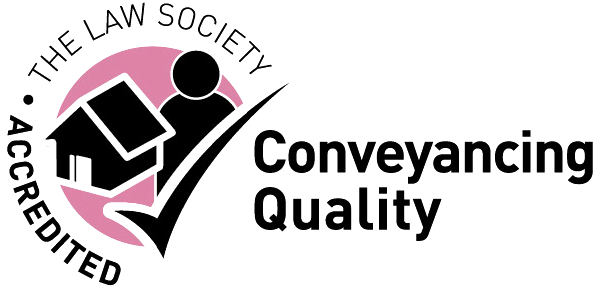Health And Safety Within SMEs
31st July 2013

Small and medium-sized enterprises (SMEs) should protect themselves from accident at work claims just like businesses of any other size. As a result, there are issues these firms are legally obliged to consider and risks they should deal with, if they are to fulfil their duty of care towards their employees.
Insurance
There are two forms of insurance SMEs should take out. Not only will insurers pay out in workplace accident claims, but they will also defend a company against vexatious personal injury claims.
– Public liability insurance
Public liability insurance protects businesses from any damage caused to members of the public, including diseases, property damage and injury, paying out in the event of successful public liability claims. For most employers, this insurance is voluntary, although it can prove incredibly valuable in the event of a serious personal injury claim.
– Employers’ liability insurance
Employers’ liability insurance protects businesses from any injury or diseases sustained by their employees. This is a legal requirement for the overwhelming majority of SME employers, although family businesses, companies with just one employee and with this employee having majority ownership, the majority of public sector bodies and healthcare companies may not have to take it out.
– Motor insurance
Accidents at work also take the form of motor vehicle accidents, and anyone who must drive during their employ should be adequately insured. Insurers offer fleet insurance, which can be relatively inexpensive.
Risk assessments, consultants and documents
While employers should complete risk assessments, there is no need for companies with less than five employees to retain completed written risk assessments. As personal injury solicitors, however, we must warn that keeping these records is good practice and can help a company defend itself in personal injury compensation claims.
Insurance companies will usually not need to see documentation relating to health and safety regulations when agreeing to a policy, although this can help to protect the business in workplace accident claims.
SME employers will also not necessarily have to use consultants. If they are capable of receiving health and safety advice from themselves and their employees, then this should be adequate. Particularly complicated fields could require consultancy services, however.
Insurers will expect their clients to adhere to health and safety regulations, although they will not necessarily require any evidence that this has been done when agreeing to policies. These companies should not refuse to pay out a personal injury compensation claim because a company breached regulations, and should not withdraw the policy midway through the term because of these failings.
However, failing to adhere to health and safety regulations could see an insurer claiming money back from a company and increasing its premiums, while courts can fine businesses huge sums of money for these failings. SMEs need to protect their bottom line, and must consider accident at work compensation claims when doing so.
And it’s not just personal injury compensation that SMEs should worry about – businesses with few employees will be sure to suffer from serious turmoil should a member of staff become injured in a preventable accident.

